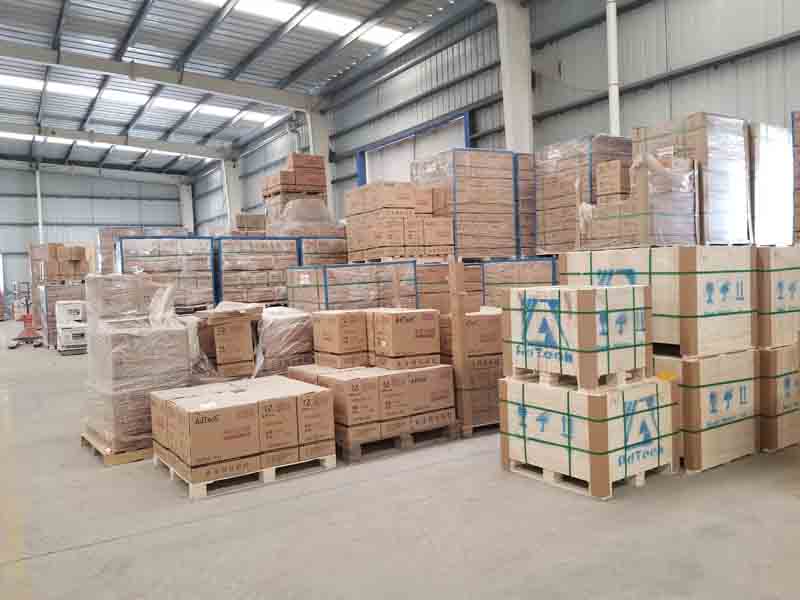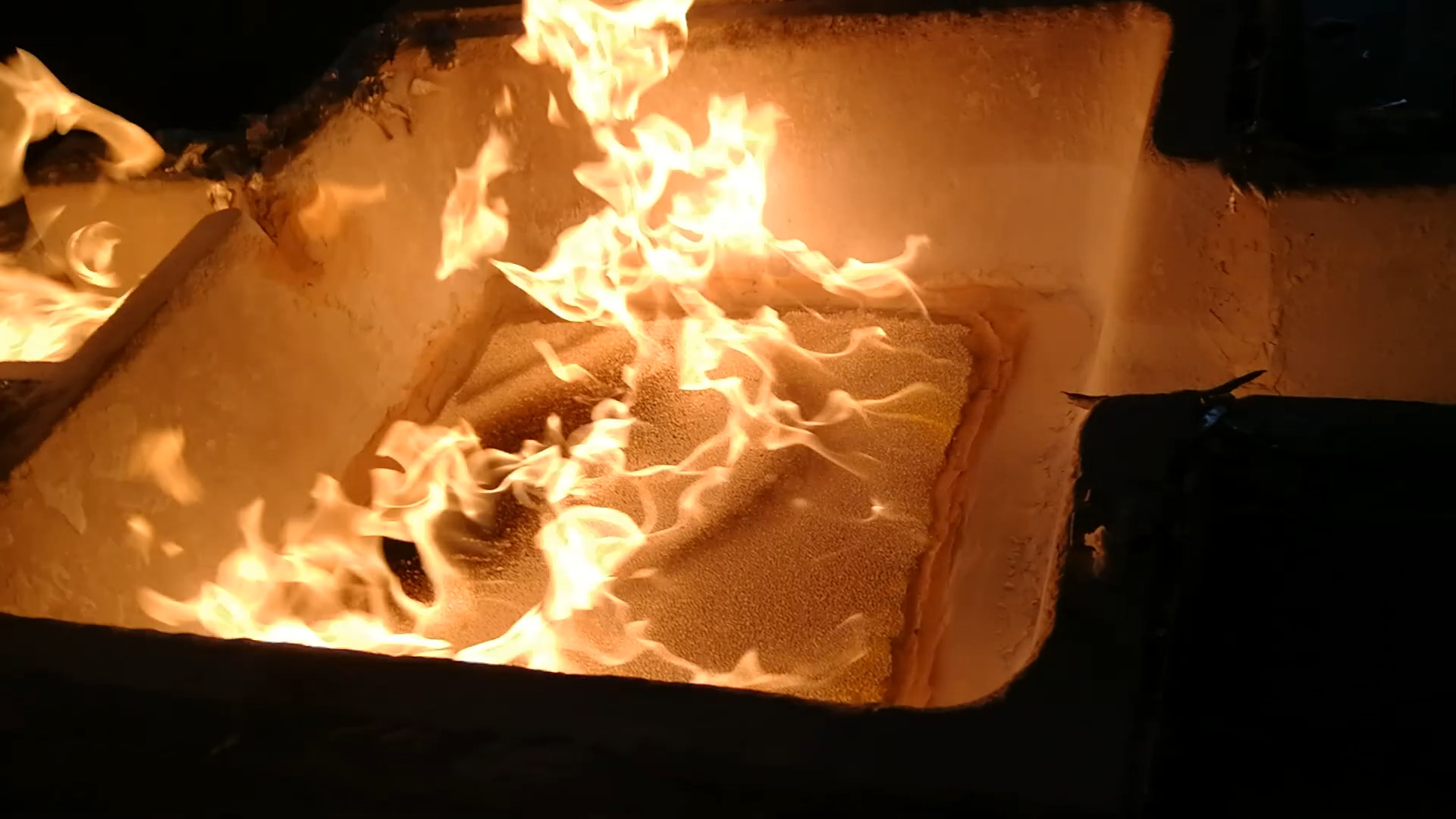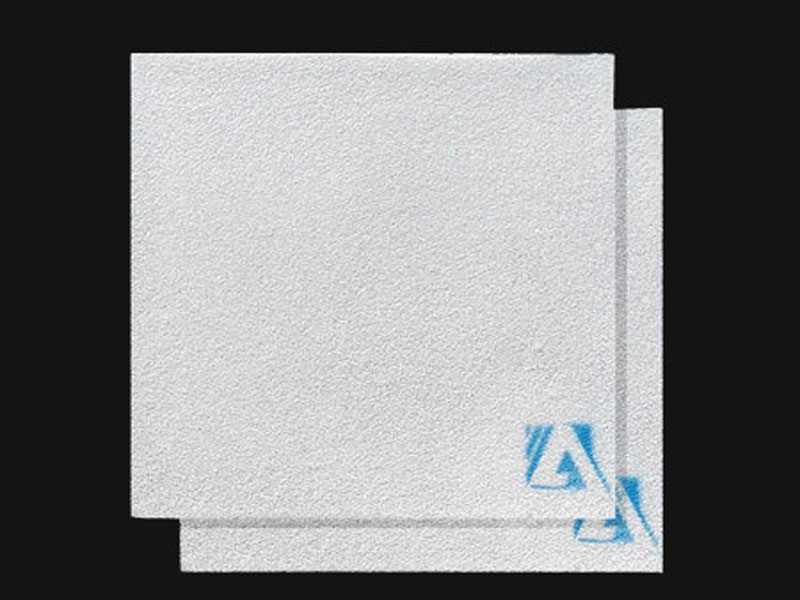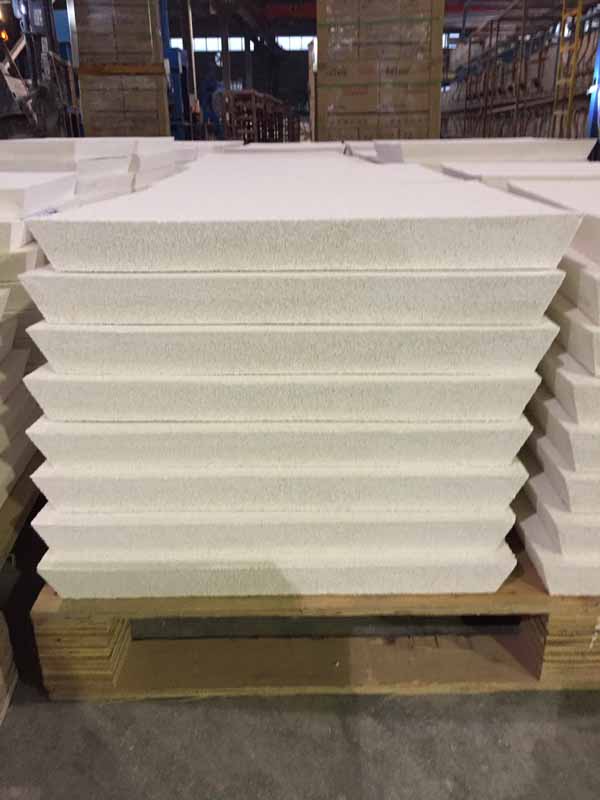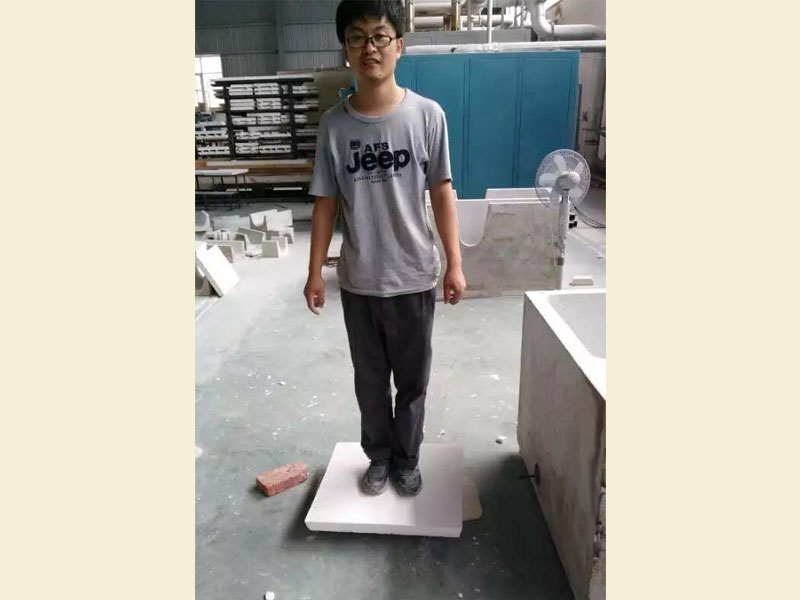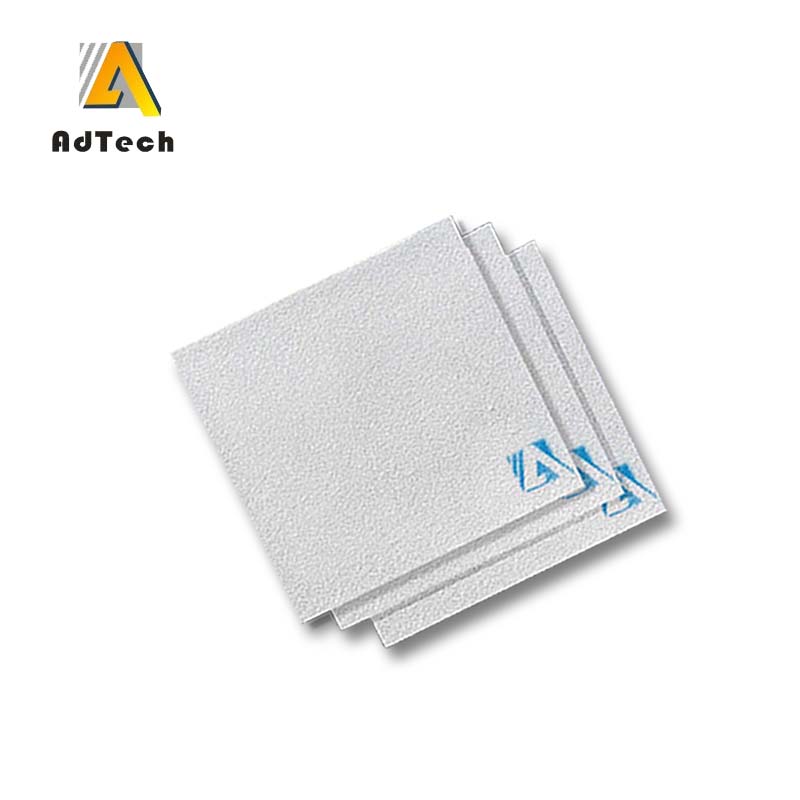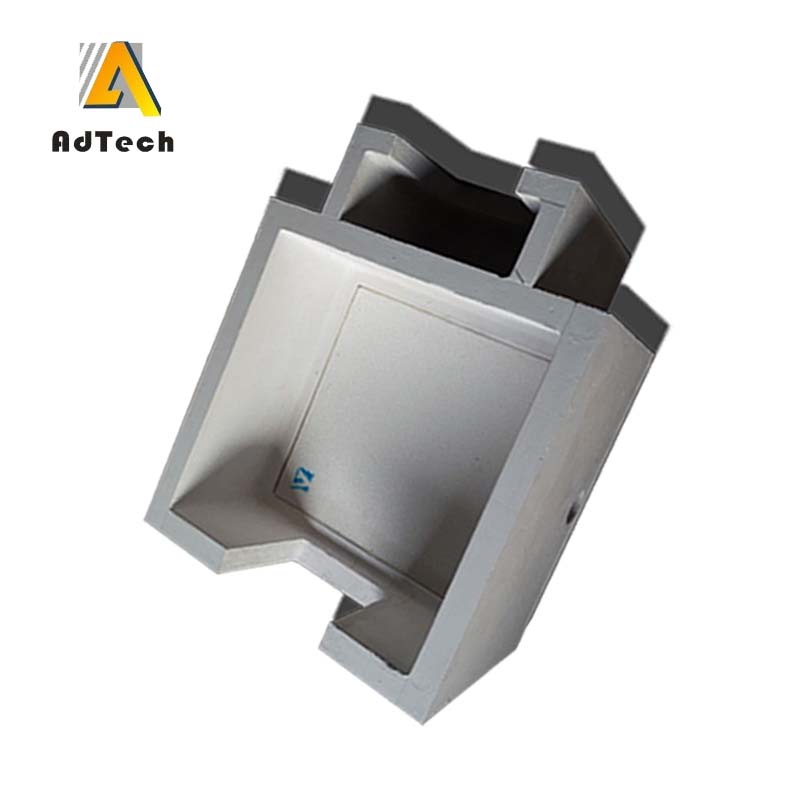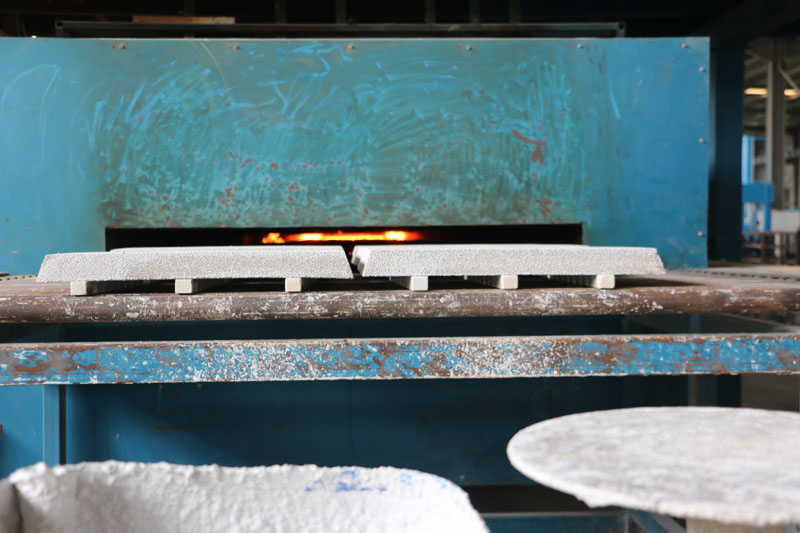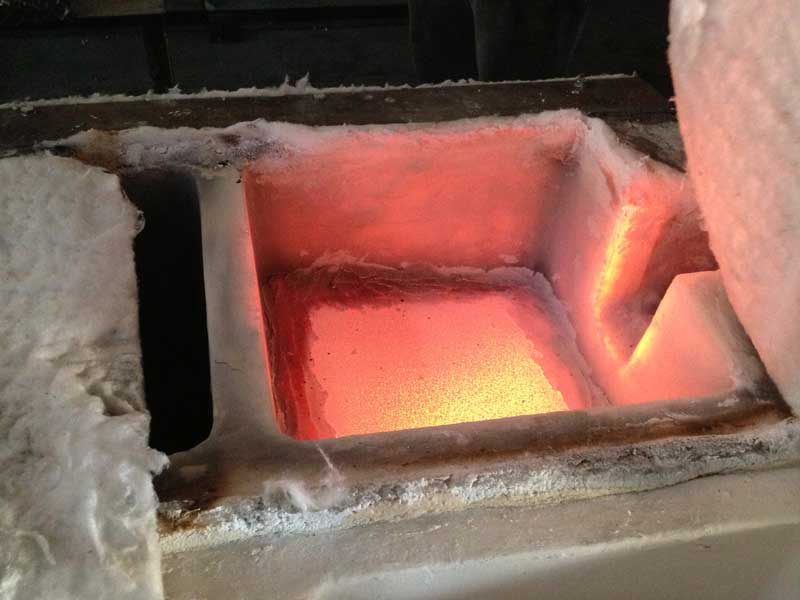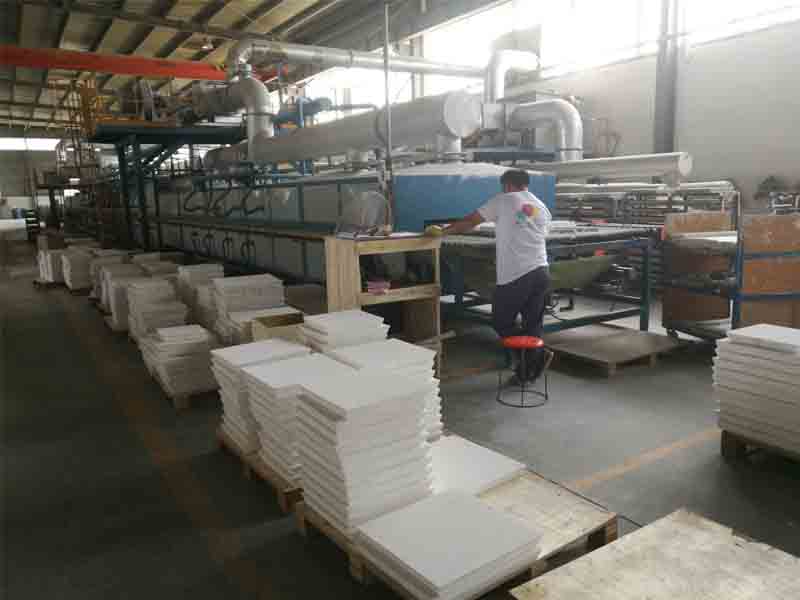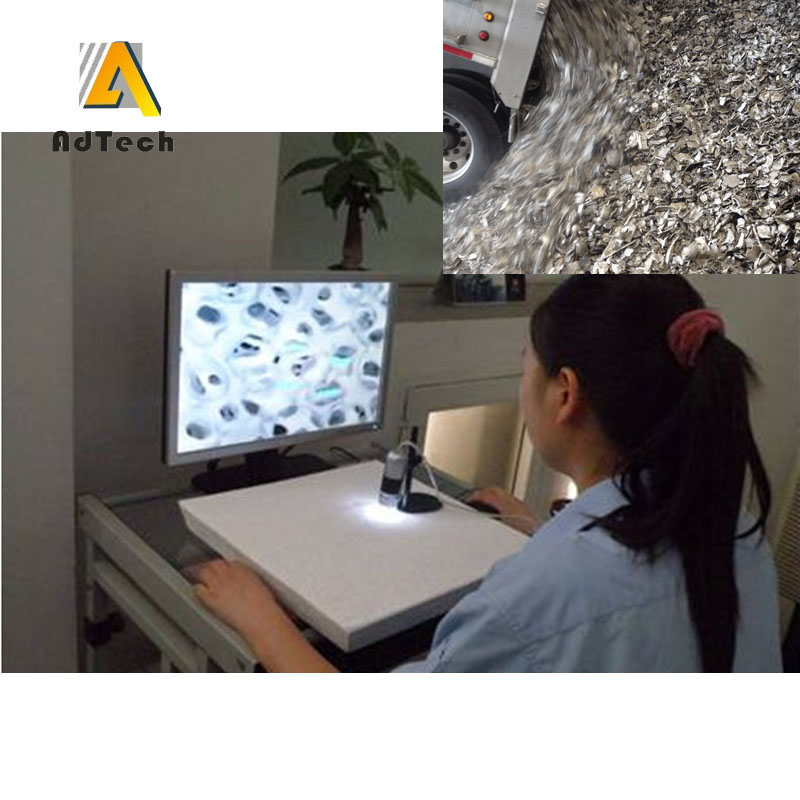Porous Foam Filter
Porous Foam Filter is a new type of porous ceramic material with a porosity of 80%-90% and a three-dimensional network skeleton structure and through-holes.
It has many advantages such as stable chemical properties, high strength, high temperature resistance, good thermal shock resistance and large specific surface area.
The organic foam impregnation method is the most common process for preparing porous ceramics at present, because it can prepare a porous ceramic with uniform pore distribution, high porosity, and a three-dimensional network structure.
Porous Foam Filter uses a foam impregnation process to prepare high porosity, high strength alumina porous ceramics.
Scanning electron microscopy (SEM) results show that the pretreatment method of the foam and the firing temperature have an effect on the performance of the porous ceramic.
Polyurethane foam is used as the forming skeleton, and the pretreatment process of alcohol soaking and water washing is carried out.
The finally prepared alumina porous ceramic has a high porosity, uniform pore distribution, good pore connectivity, and a pore diameter of 0.3 to 1 mm.
The optimum firing temperature of the ceramic is 1600 ° C, at which time the ceramic porosity is maintained above 67% and the flexural strength is 5.6 MPa.
Advantages for Porous Foam Filter
Adopt adsorption principle for filter, can effectively remove big piece inclusions in molten aluminum, and effectively adsorb tiny inclusions.
No broken bits drop out, effectively reduce the pollution of molten aluminum.
Superior thermal shock resistance, improve erosion resistance ability of molten metal.
Automatic flow production,3 calibration procedures,precision size,fit the filter bowl tightly.
Improve the surface appearance and performance, purify molten aluminum.
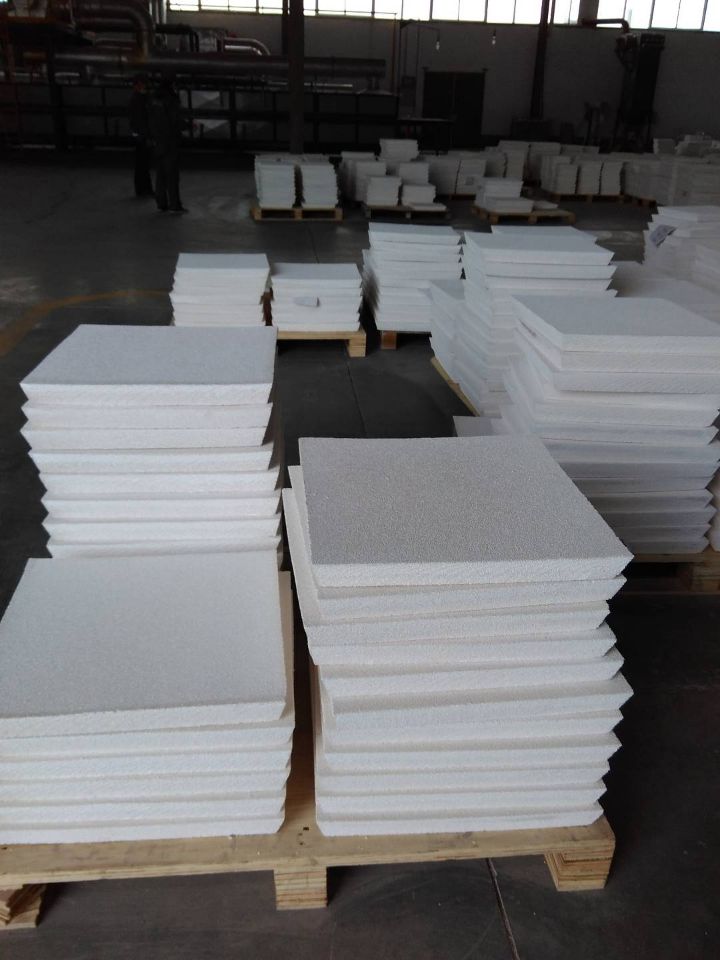
Installation and function of Porous Foam Filter
The filtration efficiency of the ceramic foam filter plate is closely related to its proper installation and use. At the same time, it is not possible to ignore the conventional and necessary measures taken to reduce the occurrence of inclusions in the process operations such as smelting, furnace treatment, and casting, because the filtration process is employed.
It is also necessary to prevent re-contamination of the cleaned aluminum liquid after filtration.
Porous Foam Filter is installed and used. In general, the following aspects need to be noted:
1. Use the filter plate correctly:
The size of the filter plate and the number of holes must be selected in consideration of the flow rate range of the specific casting type, the maximum liquid level of the metal during filtration, the total filtration amount, and the cleanliness of the original aluminum liquid.
2. Pre-melt filtration treatment can not be ignored:
Such as molten aluminum furnace and holding furnace normal slag, cleaning furnace; furnace refining. In particular, an in-line degassing device is still necessary because it not only reduces the hydrogen content of the melt, but also removes some of the non-metallic inclusions.
3. The filter plate must be compatible with the square refractory block:
The two are adapted to seal, so as to prevent the metal from flowing into the casting box from the gap without being filtered, and also avoid the failure of the foam filter plate to float in the aluminum water due to the excessive light weight.
4. Preheat before use:
Preheat to remove moisture and facilitate initial transient filtration. Preheating can be carried out using electrical or gas heating. Under normal circumstances, it takes about 15 minutes.
5. During normal filtration, no slag is required to avoid knocking and vibrating the filter plate. At the same time, the launder should be filled with aluminum water to avoid too much worries of aluminum water.
6. After casting, drain the metal in the flow cell and filter plate. There is a vibrator abroad that is placed on the filter plate and shaken for one minute to shake off about 75% of the remaining liquid metal from the filter plate.
7. Finally clean the perimeter and remove the filter plate after solidification.


